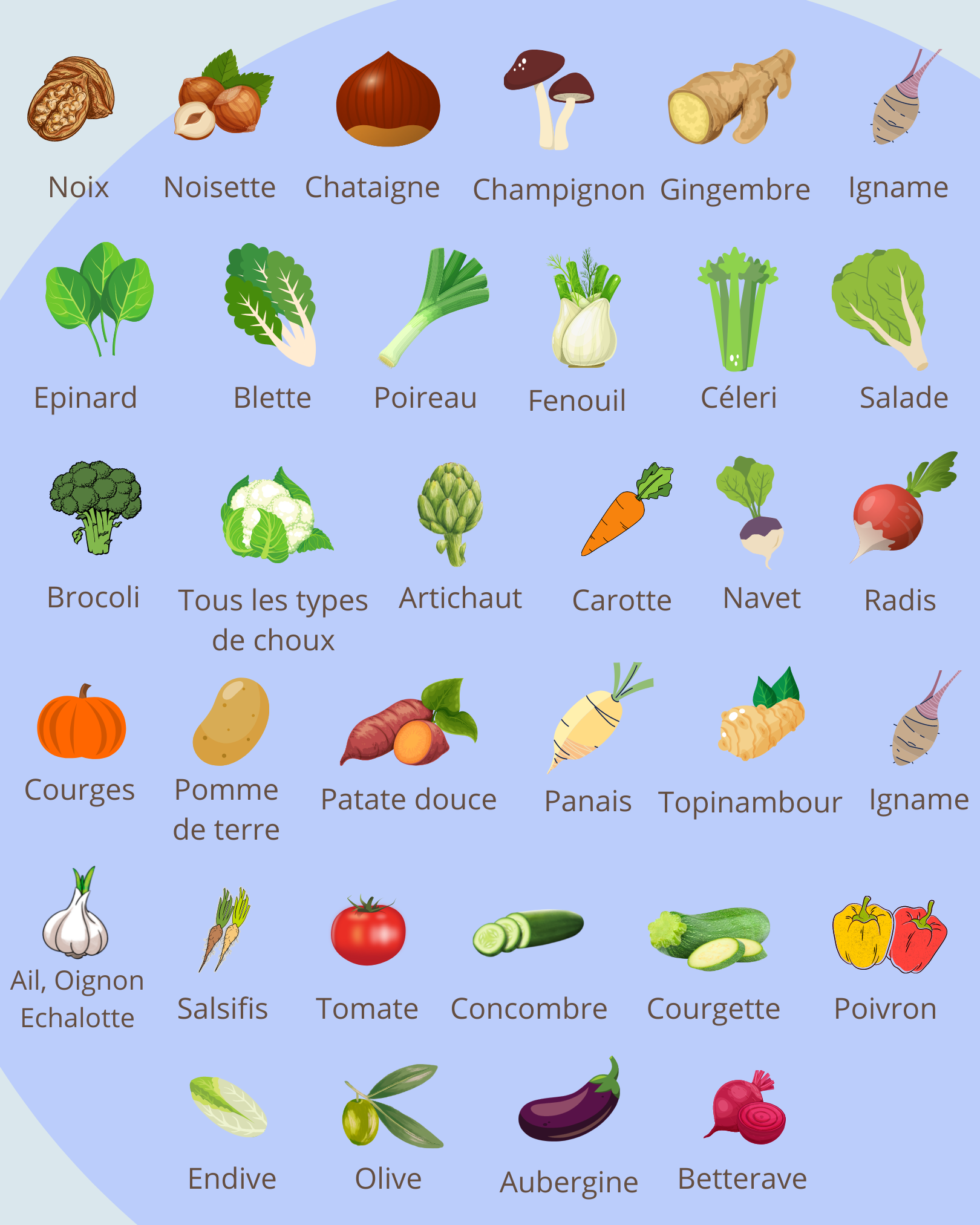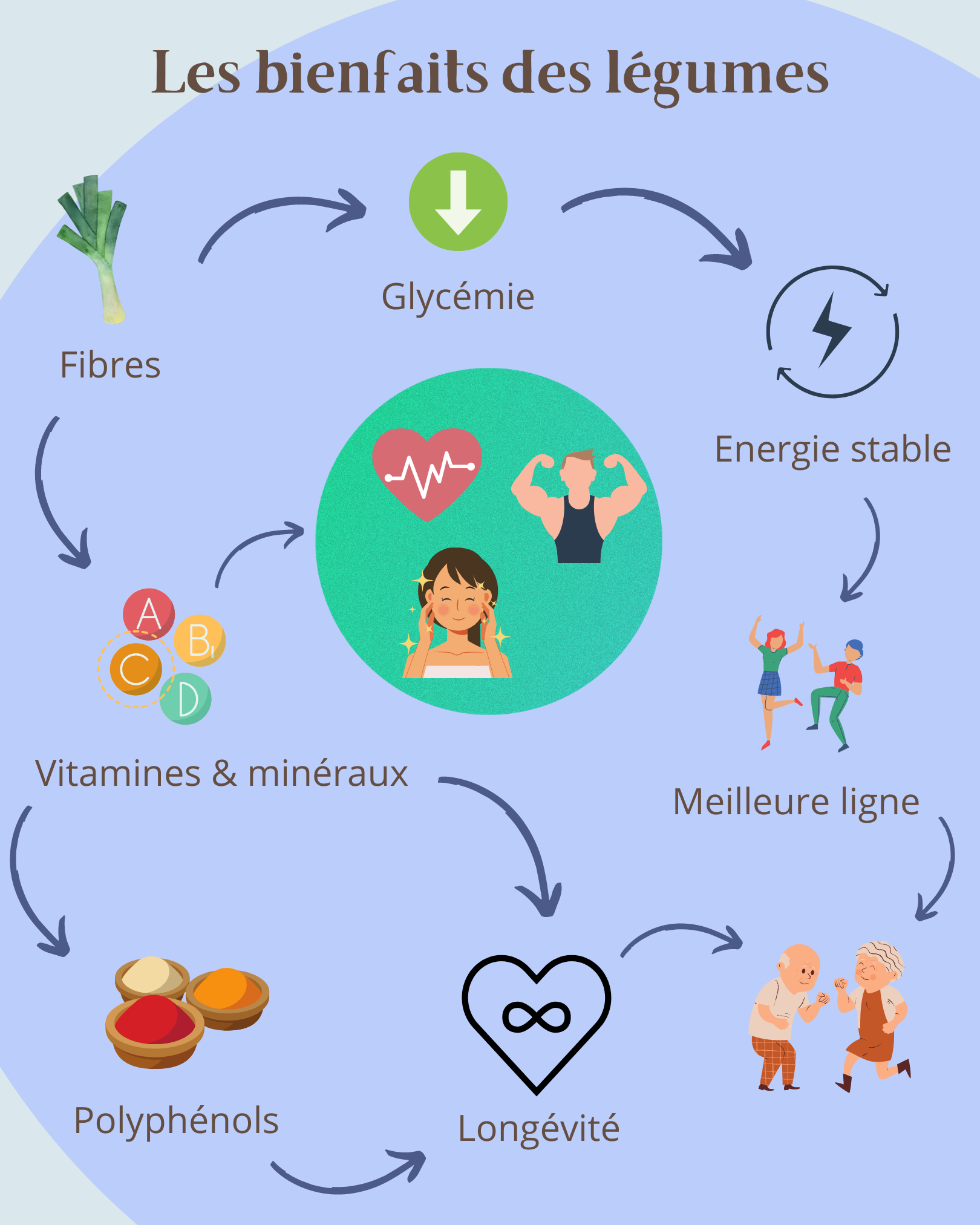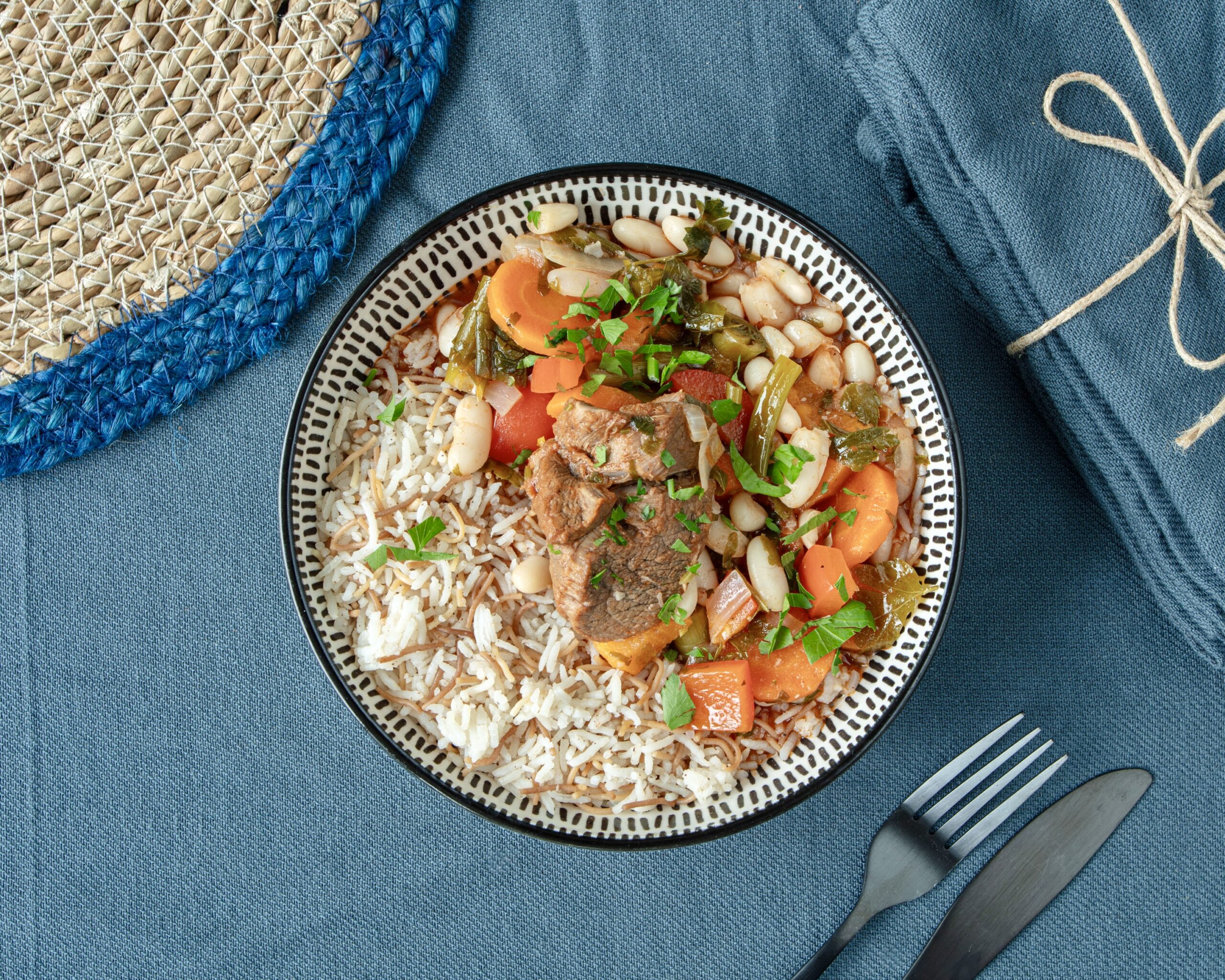THE fruits and vegetables are a valuable source of vitamins, minerals and antioxidants, all protective micronutrients that your body needs to face winter. However, not all fruits and vegetables are equal in terms of energy and metabolism, and this is what we will see right away by discovering autumn and winter fruits and vegetables on the Libshop blog!
The thorny question of fruit
Fruits are an excellent source of sugar, but beware of excess fructose. From an evolutionary point of view, fruits used to be much more acidic, with less flesh, less sugar and they were more or less rare. When animals did not consume them before humans, fruits mainly allowed us to replenish fat stocks for the winter, because as a reminder, the fat that we store on our body can be the result of a chronic caloric surplus coupled with a limitless sedentary lifestyle, as well as an over-secretion of insulin under the effect of excessive and chronic consumption of carbohydrates.
Carbohydrates are roughly what includes sugars as we know them in sweet foods, but also starch contained in starchy foods and cereals.
✨
At the house of Libshop, we are specialized in the manufacture artisanal of mezzes, shawarma, falafel, Lebanese-inspired dishes and pastries for more than 10 years.
👉 Book your table at one of the Libshop restaurants in Paris
👉 Order Libshop for click & collect or delivery
✨
The subtlety therefore lies in the moderate consumption of fruits and starch, without banning them, because they provide not only energy, necessary to carry out daily tasks, but also vitamins, minerals, polyphenols for longevity, and of course a taste pleasure typical of the Mediterranean diet or that of the Blue Zones.
All this to say that if fruits are good for your health, it is as very often in moderation, by alternating their consumption with other types of plants, like vegetables. Especially since today's fruits are, as we said, much sweeter than the fruits of yesteryear, and for good reason, they are the result of numerous crosses carried out by humans in order to make them ever more attractive foods.
Again, this does not mean that we should ban them, but simply keep in mind that we have everything to gain by controlling their consumption, and above all to favor autumn and winter fruits which are said to be the best for health and waistline, that's to say those that are the lowest in sugar and fructose, which brings us to the next point.
The least sweet fruits
From a health point of view, we can consider that berries, kiwi, citrus fruits, apples, plums, are the fruits that have the best pleasure/health ratio. They are full of antioxidants and at the same time they are the least rich in sugar and fructose.
We can easily let loose a little more on the berries for example – blueberries, raspberries, strawberries, blackberries, red currants – which are very low in sugar, than on fruits like bananas, dates or mango, which we can reserve for moments of pleasure, several times a week possibly but not necessarily every day and in an unlimited way.
Autumn and Winter Fruits in Pictures
Here is the list of winter fruits in pictures in order to have an idea of what is relevant to consume when we want to respect seasonality!

The question of vegetables
Like fruits, Vegetables are obviously a valuable source of vitamins, minerals and antioxidants, so many protective micronutrients that your body needs to face the winter! In addition, the advantage of vegetables is that they bring color and quantity to a plate, without providing excess calories because they are very often low in calories. Therefore, they allow you to satisfy your sweet tooth without providing excess energy, and it is one of the best ways to not feel hungry while still enjoying yourself.
In addition, vegetables, when well cooked, simmered, perfumed and spiced, they bring an incomparable flavor to dishes.
However, it is still important to distinguish so-called “fibrous” vegetables “energy” vegetables. Fibrous vegetables are all green vegetables in general, as well as some colorful vegetables. They are very rich in fiber, which the body does not assimilate, and allow as we said to bring taste, and micronutrients to the body, and particularly polyphenols, small compounds that improve longevity in good health, and which are typical for example of the Mediterranean diet or the Okinawan diet.
“Energy” vegetables are vegetables rich in fiber. but also in starch, which is a source of carbohydrates which as we said for fruits, provide energy to the bodyThese include squash, potatoes, sweet potatoes, Jerusalem artichokes, cassava, parsnips and yams, for example.

These will be particularly beneficial if they are baked, steamed or watered, particularly when it comes to potatoes or sweet potatoes, in order to lower their glycemic index. This is also how most Mediterranean populations used to consume them.
Once again, it is not a question of depriving oneself of it, but of keep in mind that a subtle mix of fibrous vegetables and energy vegetables will constitute a perfect combination, because It will provide energy while satisfying hunger.
At Libshop, this is what we do for example for our signature dishes like Lemon Olive Chicken, or Lebanese Fassolia, which both contain a mix of simmered winter vegetables, among which pumpkin and sweet potato for energy vegetables, and carrots, spring onions, peppers and zucchini for more fibrous vegetables. All this is enhanced with a whole host of spices, aromatics and medicinal herbs to provide taste and satiety.
And the more color a plate has, the more variety there will be of polyphenols, these compounds which we now know have a beneficial effect on healthy longevity and against metabolic diseases.
Autumn and Winter Vegetables in Pictures
And here it is the list of winter vegetables in pictures in order to have an idea of what is relevant to consume when we want to respect seasonality!

And here is some additional information in pictures to learn more about the benefits of vegetables!



